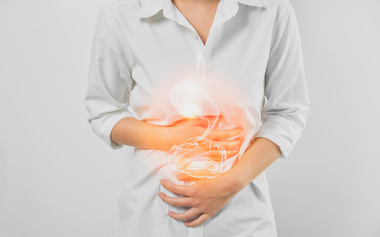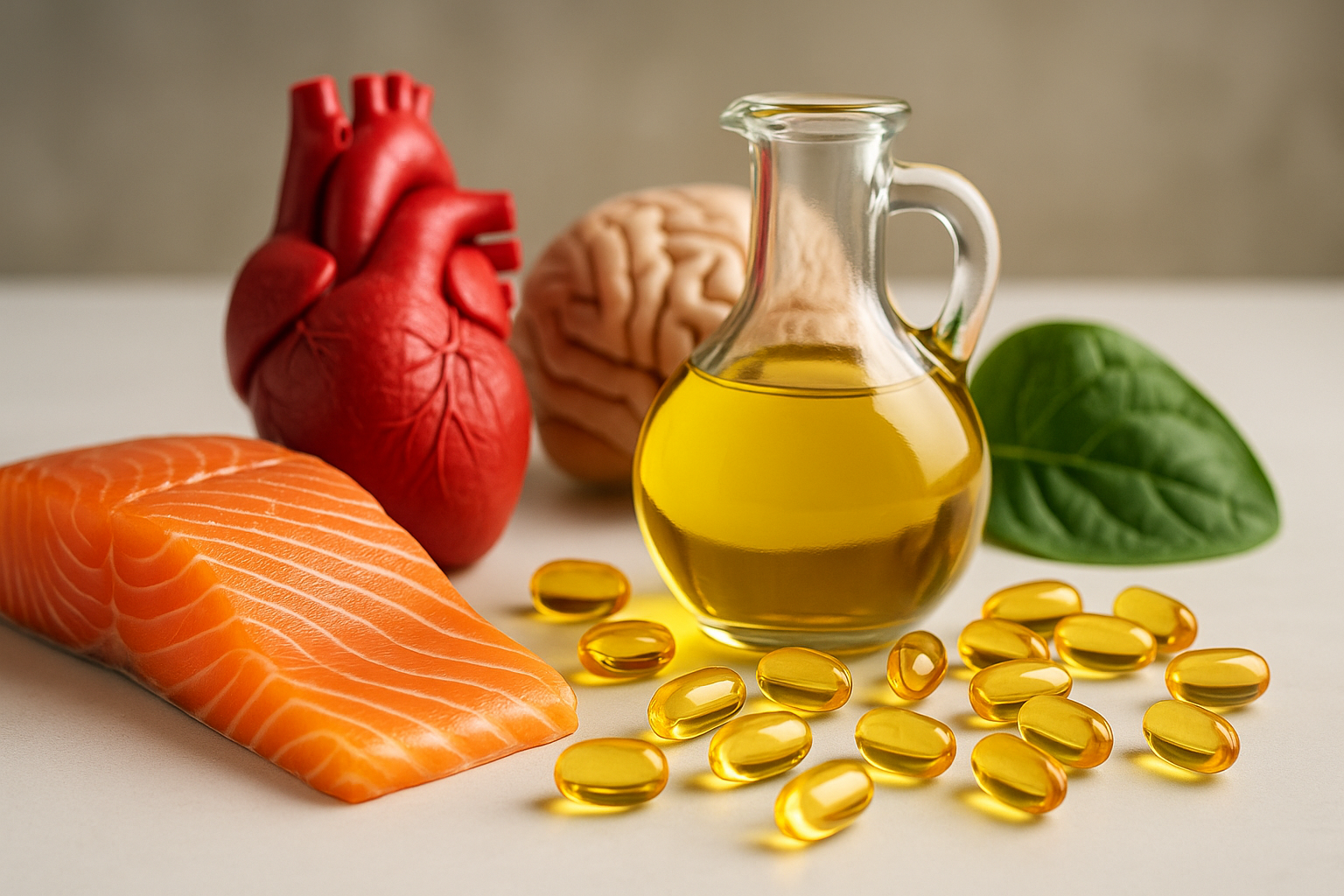
Due to wrong nutrition, stress, little exercise it can easily happen that acids and bases are in imbalance. This results in numerous symptoms and diseases.
In the human body, acids and bases are in a balance of 80 percent bases and 20 percent acids. If this equilibrium shifts towards acidity, one has an overacidification. This costs the body a lot of energy, which it needs to restore the balance. Furthermore, hyperacidity leads to diseases.
Even a slight acidosis can lead to undesirable side effects in the long term: For example, it inhibits the connective tissue from absorbing nutrients. The result is cellulite. In addition, the kidneys are stressed and osteoporosis, a weakness of the bones, can develop. People who exercise little, suffer from negative stress, eat the wrong food and also suffer from diseases that promote acid formation accumulate lactates. Such chronic acidosis manifests itself in rapid exhaustion, loss of appetite, immunodeficiency, nausea and lack of drive. The bones can decalcify and thus break more easily, the heart can beat more weakly, which means that less blood enters the circulation, causing muscles to break down. The potassium content of the blood increases and promotes caries.
The body is able to regulate acids and bases very effectively. It excretes excess acid via the kidneys, and we also breathe it out - the carbonic acid. When we sweat, acid leaves our body, and the intestine frees us from acid stool. In the long term, however, hyperacidity disturbs the organism, resulting in illnesses. Gout is one of them: it occurs when uric acid is deposited in the joints, causing them to become inflamed. Acidosis also promotes ulcers, urinary stones and possibly rheumatism and immunodeficiency.
The critical value starts below a pH value of 7.36. Above 7.44, on the other hand, one speaks of an alkalosis, an excessive amount of bases. Latent acidosis does not manifest itself in the blood, but in the rest of the body: it manifests itself in tension, pain, heartburn, facial pallor, brittle nails, hair loss, allergies, neurodermatitis, acne and gastrointestinal problems. An alkaline diet alleviates the symptoms described and is also generally very healthy.
In general, the principle is: little low-fat meat and lots of vegetables and fruit. One kilo of vegetables or fruit compensates for the acid formation of 400 grams of fish or cereals. You should always drink plenty of water with coffee or black tea. A healthy breakfast is muesli with dried fruit, fruit spritzers or fresh fruit. At lunchtime, vegetable soups, cooked vegetables and herbs get the bases going. Still mineral water helps to eliminate the acids.
* This text may contain translation errors as the translation was performed by an online translation tool.










